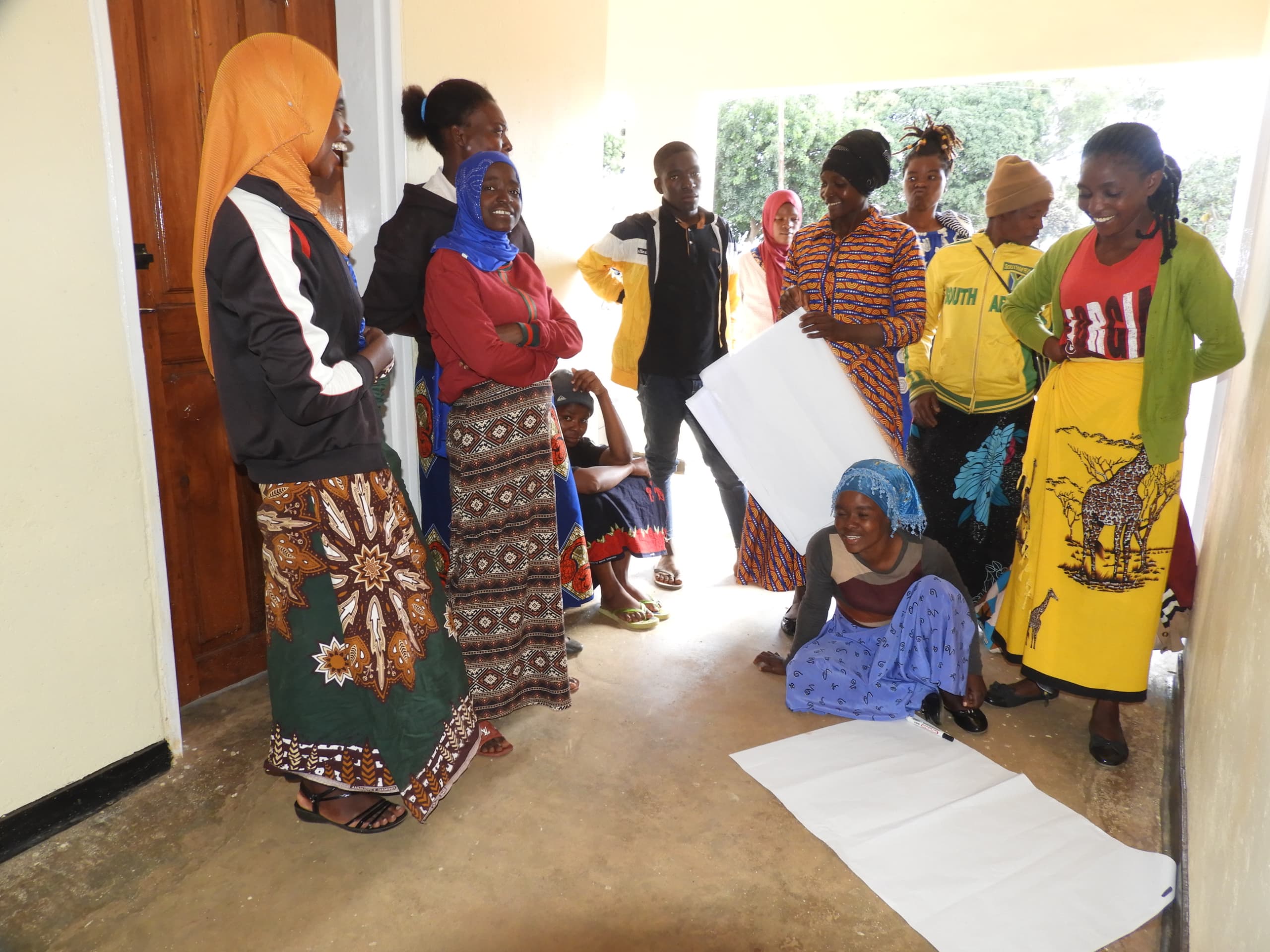By:Francis Polinyu Banda
Mangochi district hospital has indicated that the number of births continues rising, despite family planning efforts healthy facilities offer in the district.
The hospital has revealed this on Friday June 28th, 2024 at an engagement meeting with local leaders in traditional authority Mkumba in the district.
With support from United Nations Fund for Population Agency UNFPA,the district has been engaging youths and other stakeholders in traditional authorities (T/As) Katuli and Mkumba, where they were trained on peace building, conflict management,gender and sexual reproductive health rights SRHR among other topics its ‘ peace building and conflict management’ project.
In his opening remarks at T/A Nkumba stakeholders engagement meeting, Mangochi district hospital Nurse and Youth friendly Health Services Facilitator Dan Mtenje said that their statistics are showing that the number of child births continue rising at an alarming rate and has called on various stakeholders including the youths to help in turning the situation around.
He said that the problem is fairly contributed by the youth who continue hesitate to access sexual reproductive health services from health facilities and those offered during outreach programs across the district.
“It is true that the number of births especially unplanned,are still rising in Mangochi including here at T/A Mkumba, despite our efforts to change the situation through various interventions.As a district,we are always ready to help those who want to control the number of children they want to have in their families through family planning services but the statistics are showing that things are working on the contrary”,Mtenje said.
He asserted that the stakeholder engagement meetings will help to figure out some of the reasons attracting this SRHR contradiction in the district.
“We hope that our meeting with Community leaders who include Community youth leaders,traditional and religious leaders,women and men representatives will help us to know some of the reasons why people especially the youths and women do not seek family planning services”,he said.
Commenting on the situation, Senior Chief Mwananyambi who also braced the engagement meeting,said she is concerned with the rate at which the unwanted pregnancies are rising in the district and acknowledged that her area shares the blame.
She concurred with the other stakeholders who raised the alarm,saying the development fuels poverty, human trafficking and provides a fertile ground for various degrees of crimes in the her area which borders Mozambique as people struggle for survival.
“I am very concerned with what is happening here.This report calls for an urgent action among various players as this results in poverty, increased cases of human trafficking and manifests criminal activities”,she said.
Bwananyambi has since asked the youths to plan when they want to have children and parents to always make sure that they provide support to their children till they become independent.
“I know that there are families who are not poor deliberately and others are able families who can manage to provide support to their children.My advice is that poor families should learn to plan for the number of children to have so that they are able to support them. It is wrong to force children to marry while young as this brings a miliad of problems in the society”,she added.
In the year 2021,with support from UNFPA,the ministry of health distributed family planning commodities including 7.1 Vials of Sayana Press and Depo Provera and also a further 180 thousand implants were administered to check unwanted child births in Mangochi.
The 2021 UNFPA Mangochi district average child birth statistics are indicating that the number of births to women was 5.5, the highest in Malawi and the Contraceptive Prevalence Rate (CPR) for married women was 30.9 percent, the lowest in the country.
The figures also point that the district has a very young population which obtain underaged pregnancies.
The contraceptive prevalence rate among adolescents in the country remained low, at 37.5 percent, resulting in one of the highest adolescent birth rates in Africa, at 136 in 2021.
